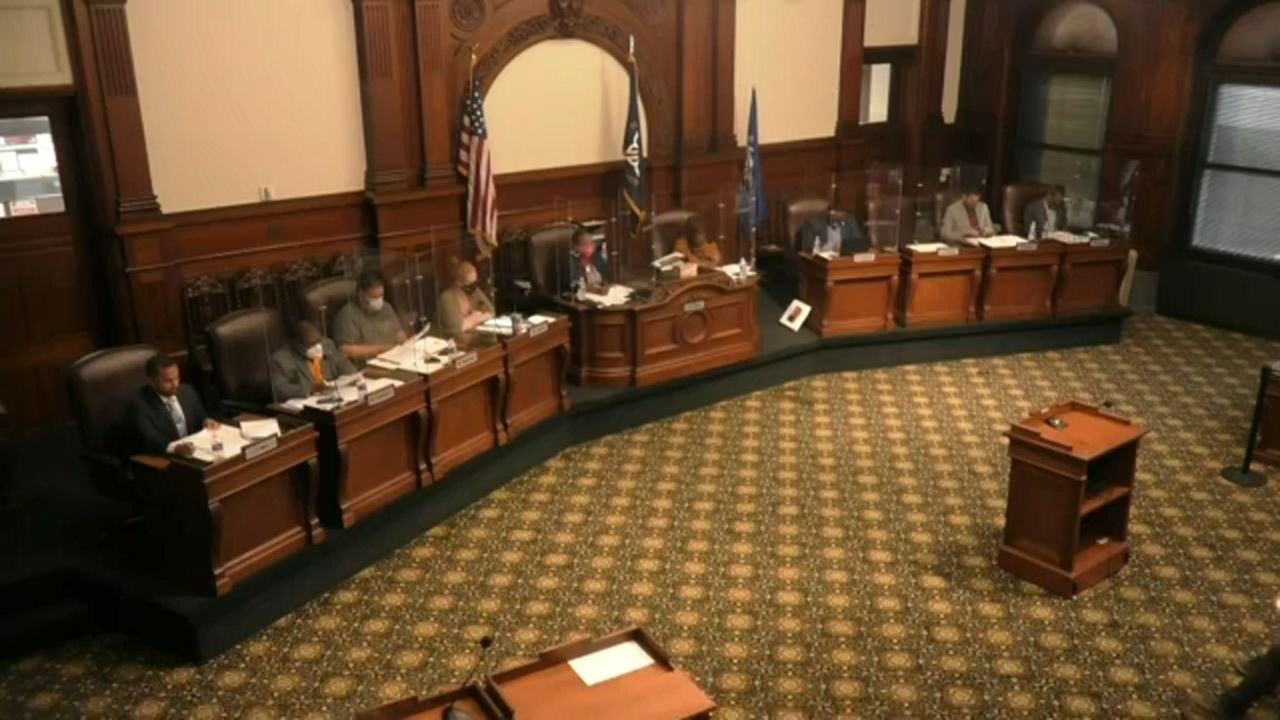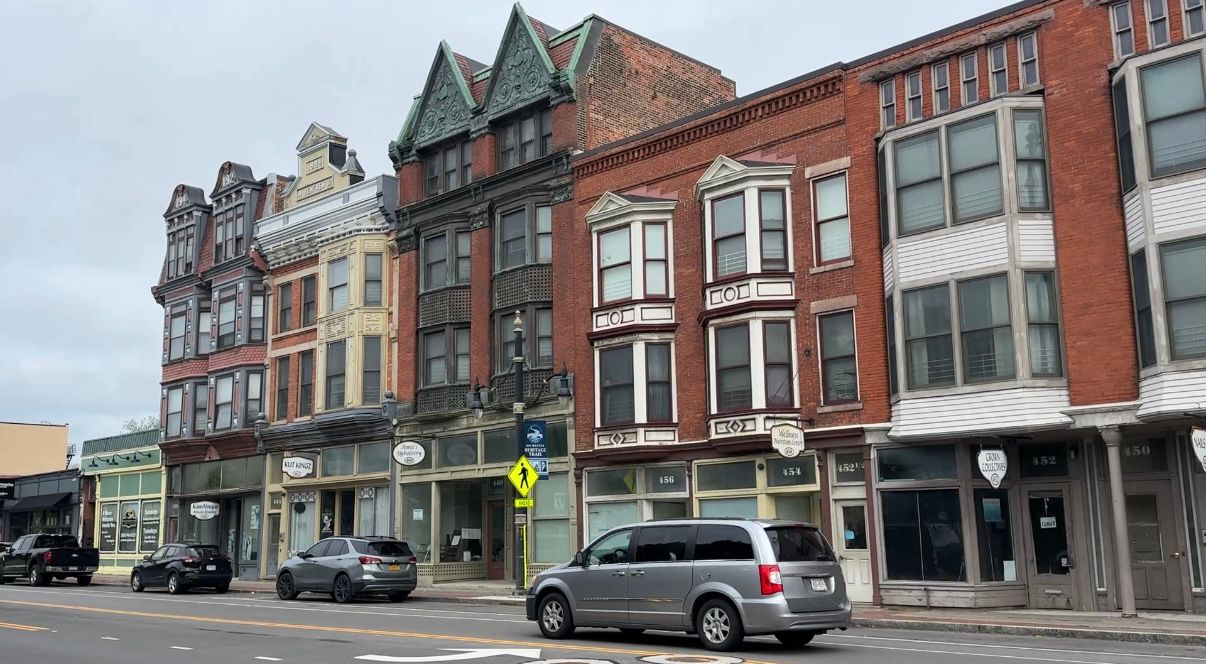As the United States continues to see labor shortages nationwide and inflation is at a 40 year high, increasing the minimum wage seems like the obvious answer, but some business owners don’t agree.
“I really got mixed feelings about it,” said Peter Jines, the owner of Jines Restaurant in Rochester.
“The way the markets are right not and how tight the labor market is, really minimum wage is almost non-existent,” he said. “It really is, if you’re paying minimum wage, you’re probably not going to find the people or the right people to employ.”
What You Need To Know
- New York state will continue a series of wage increases decided in the 2016 - 2017 state budget in an effort of reaching a statewide minimum of $15 an hour
- Minimum eage in the state of New York will increase to $14.20 on December 31
- Because tipped staff sometimes make over double minimum wage, some business owners don't agree with an increase
Minimum wage will increase across New York State in 2023 as part of a series of wage increases that were decided in the 2016 state budget in an effort of reaching a statewide minimum of $15 an hour. But Jines says that for employees who work off tips, they are already making far more that.
“The biggest impact is really not for straight hourly staff, but for our tip staff and that goes up $0.65 an hour. And when you aggregate that over the year, you know that’s a significant increase,” Jines said. “Those increases I really don’t understand because a lot of your tipped employees are making well above 2,3,4 times what minimum wage is.”
But for those who rely on hourly wages, Jines says that in the current economy, minimum wage isn’t enough.
“The debate is, okay, is it a sustainable wage, is it a livable wage, could people survive off that? Absolutely not,” he said. “Go into your supermarket, I mean everybody’s seeing it. When you’re paying 5 dollars a dozen for eggs right now, what are you supposed to do?
But although Jines feels the change will be insignificant for many employees, he thinks it is a place to start.
“Lets make sure they can at least get the hours that they need, they work hard at what they do, and make sure you pay them no not a minimum wage but yes, a livable, sustainable wage.”









